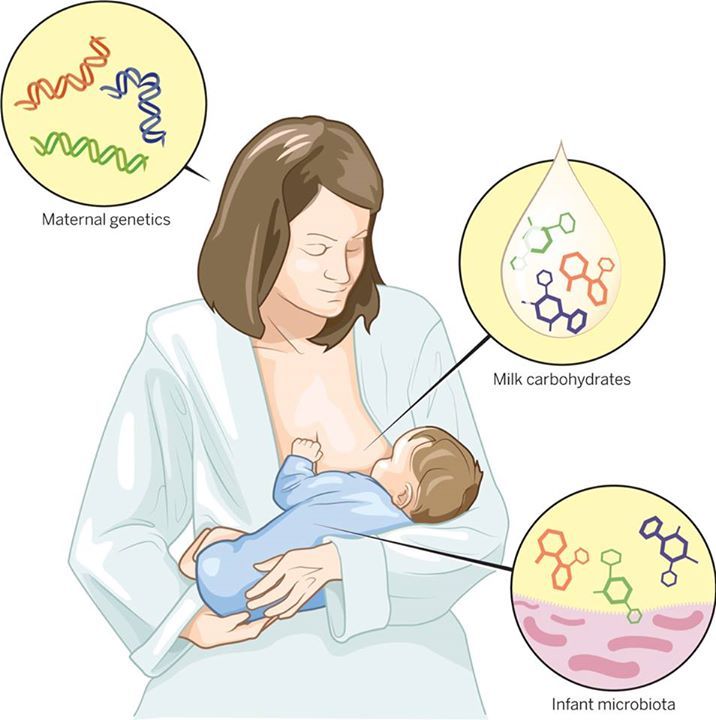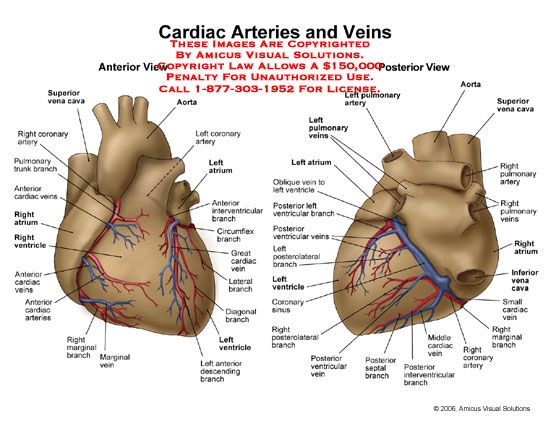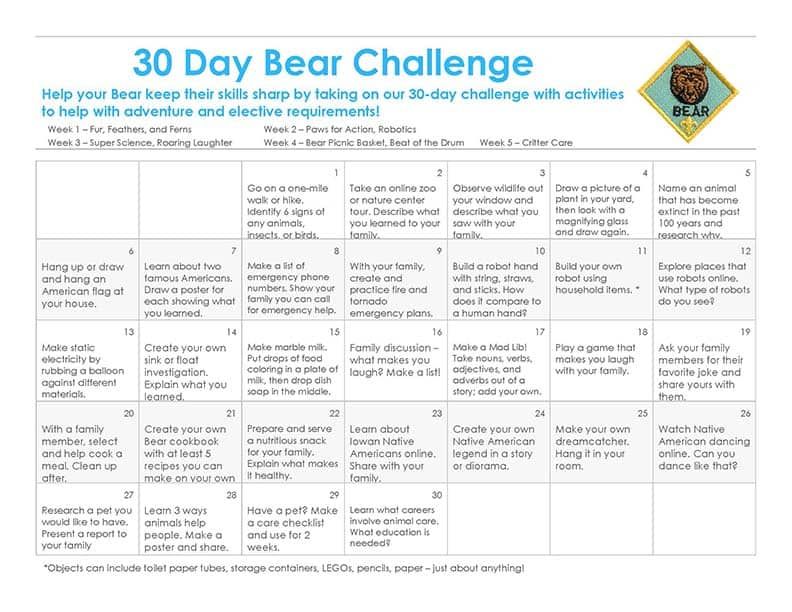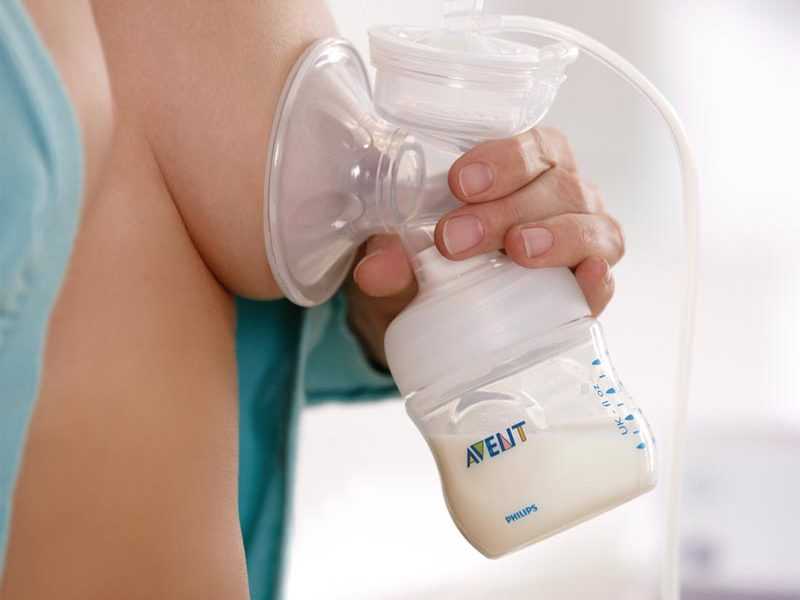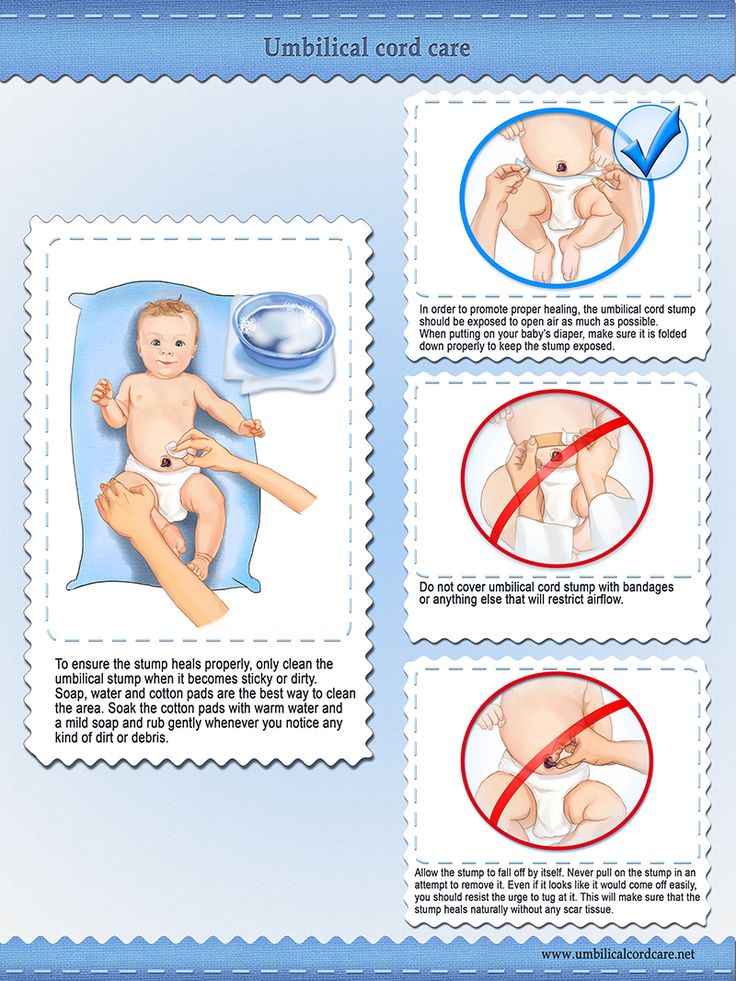How to tell pregnancy
16 early signs of pregnancy
You’ve got one question on your mind: Could I be pregnant?
A pregnancy test is the only way to know for sure. But if it’s too early to take a test, you may be on the lookout for early signs – or maybe you think you’re already experiencing some early pregnancy symptoms.
Is it too early to tell if you’re pregnant? What symptoms may be the earliest signs of pregnancy? Below, we answer those questions and more.
How early can you tell if you’re pregnant?
Again, you’ll need to take a pregnancy test at the right time to confirm your hopes or suspicions. But when it comes to the first symptoms of pregnancy, everyone is different. Some people start to notice changes within a week after conception. Others might not notice anything until they miss their period.
When should you take a pregnancy test?
It’s usually recommended that you take a pregnancy test after you’ve missed your period. This is because pregnancy tests measure the level of human chorionic gonadotrophin (hCG) in your body, which is a hormone that starts to build up when you conceive. It can take around three to four weeks from the first day of your last period for there to be enough hCG in your body to show up on a test.
What are the first symptoms of pregnancy?
The most common sign of early pregnancy? A missed period.
Your menstrual cycle is your body’s way of preparing for a possible pregnancy each month. Part of that is the thickening of your uterine lining, which is where a fertilized egg would implant to begin a pregnancy.
If you’re not pregnant, your period is how your uterus sheds that extra lining. If you are pregnant, that lining stays put and you don’t get your normal flow. This is why a missed period is often the earliest sign of pregnancy.
Of course, a delayed or missed period doesn’t always mean you’re pregnant. If your body is under a lot of stress or you have a hormonal imbalance, you could be experiencing an irregular menstrual cycle.
What other symptoms can be early signs of pregnancy?
Every person – and every pregnancy – is different. So, if you are pregnant, you’ll likely experience a unique combination of common, not-so-common and sometimes overlapping symptoms. And, they may show up earlier or later than expected. Here are more than a dozen possible symptoms of early pregnancy.
So, if you are pregnant, you’ll likely experience a unique combination of common, not-so-common and sometimes overlapping symptoms. And, they may show up earlier or later than expected. Here are more than a dozen possible symptoms of early pregnancy.
1. Spotting or light bleeding
Many women are surprised to learn that spotting or light bleeding can be an early sign of pregnancy, but about one-third of women experience it. This is often called implantation bleeding because doctors believe it occurs as the fertilized egg attaches (or implants) itself into the uterine lining. This is different from bleeding that could occur from something like a miscarriage – which is usually heavier.
When does implantation bleeding occur?
Implantation bleeding typically occurs 10 to 14 days after conception, which is just before or right around the time your period is due. So, you may think you’ve gotten your period.
But implantation bleeding is a light flow, which may start and stop over a couple days.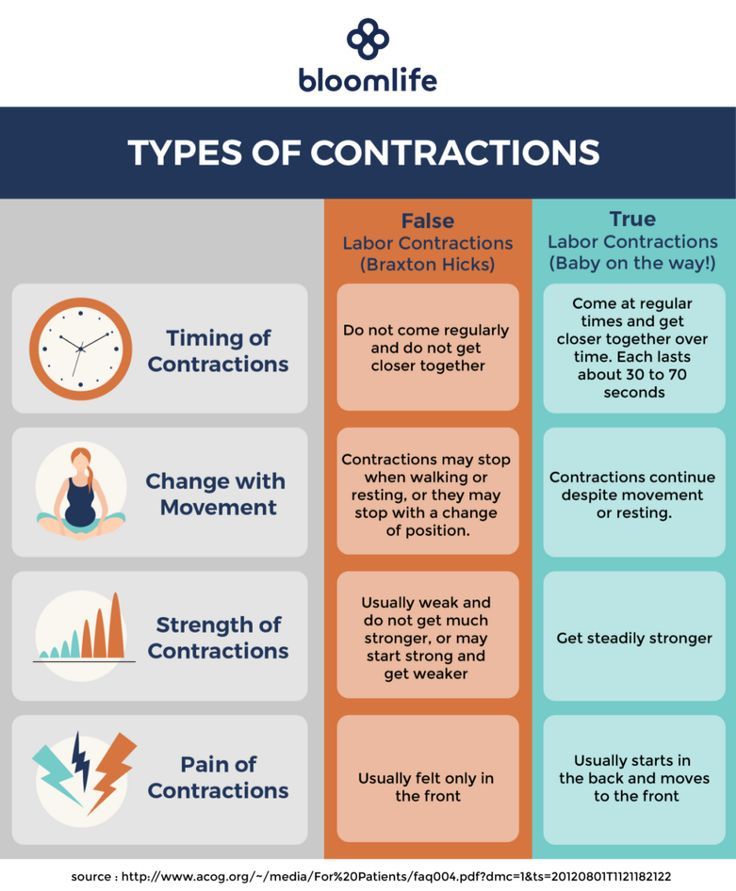 And while it can take on a range of colors, it’s more likely to be pink, brown or light red.
And while it can take on a range of colors, it’s more likely to be pink, brown or light red.
Your period, on the other hand, may start off light in flow and in color but after a couple days becomes heavier, changes to a crimson red color and lasts up to a week or so.
2. Lower abdominal pain or cramping
While cramps and lower-abdominal pain can signal a coming period, they can also be a sign of egg implantation.
What do implantation cramps feel like?
Implantation cramps can occur with or without spotting or bleeding, and may feel different from period cramps. For example, you might feel mild to moderate prickling, pulling or tingling that comes and goes over a few days.
But menstrual cramps can often feel like a throbbing or dull ache, and typically start a day or two before your period.
3. Higher basal body temperature
If you’ve been tracking your basal body temperature (BBT) to increase your chances of getting pregnant, you probably know that your BBT goes up slightly right after ovulation. If you’re pregnant, your temperature may remain elevated rather than dipping back down.
If you’re pregnant, your temperature may remain elevated rather than dipping back down.
Of course, you could be running hot for other reasons, but if it lasts more than a few weeks, pregnancy may be the explanation.
4. Changes in cervical mucus
If you’ve already been checking your cervical mucus to figure out when you’re most fertile, here’s a reason to continue: In the first few weeks of pregnancy, the amount of cervical discharge may increase and become stickier and whiter.
5. Breast tenderness, swelling or tingling
When you’re pregnant, your body experiences big changes in hormones – specifically, increases in estrogen and progesterone – to support your growing baby. This change in hormones can contribute to many symptoms, including breast tenderness.
Oftentimes, increased breast tenderness, swelling or tingling start to become noticeable a few days before a missed period.
If you usually experience breast tenderness leading up to your period or shortly after it begins, pregnancy-related breast tenderness and swelling will likely be more intense than you’re used to and stick around.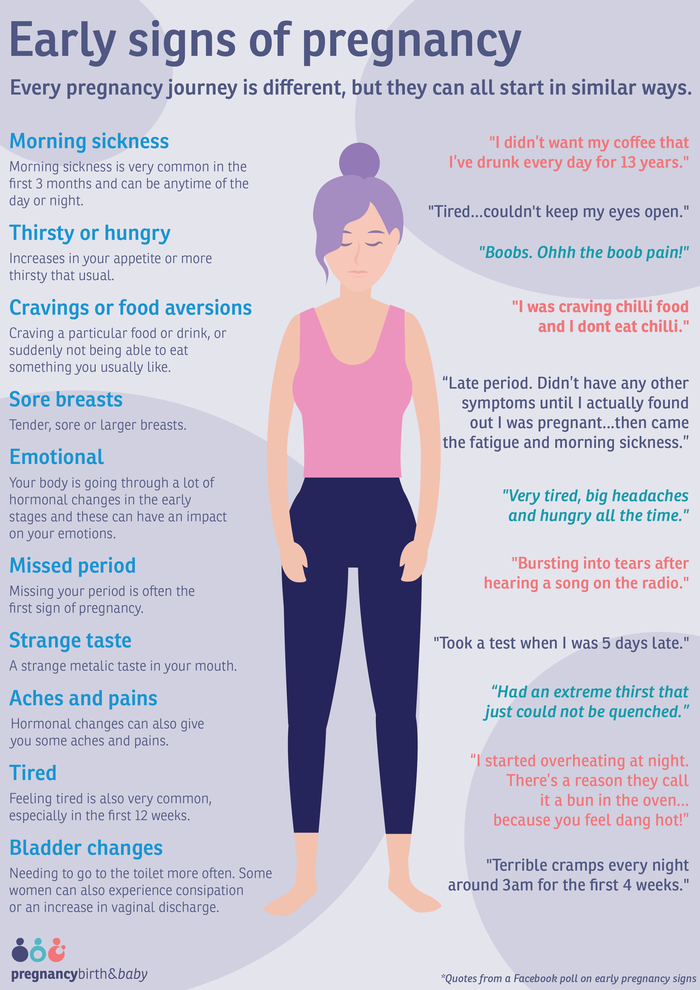 You may also experience nipple soreness.
You may also experience nipple soreness.
6. Fatigue
Fatigue in early pregnancy is common, and some women might notice it before they know they’re pregnant. In fact, fatigue may set in as soon as one week after conception. This is thanks to those sudden changes in hormone levels, particularly increasing progesterone.
7. Frequent urination
If you’re making more trips to the bathroom than usual around the time your next period is due, it may be a sign of pregnancy.
Certainly, your drinking habits play a big role in how many times you pee in a day. However, pregnancy increases the amount of blood in your body, which gives your kidneys more fluid to filter and more waste to get rid of.
So if you’re pregnant, you may notice you’re peeing a lot more – a symptom that can start early on and (unfortunately) last throughout your pregnancy.
8. Nausea or vomiting
Morning sickness might be the most well-known of all pregnancy symptoms, taking the form of food aversion or nausea, and even vomiting for some. This symptom can set in as early as two weeks after conception, which is around the fourth week of pregnancy and right around the time you’d miss your period if you were pregnant.
This symptom can set in as early as two weeks after conception, which is around the fourth week of pregnancy and right around the time you’d miss your period if you were pregnant.
But some may not experience nausea or vomiting at all. And despite its name, morning sickness can actually happen at any time of the day or night.
9. Darkening areolas
When you’re pregnant, your areolas (the areas round your nipples) will likely grow and darken. Usually, these changes are gradual and continue throughout pregnancy. However, some women notice these changes really early on in combination with other symptoms.
10. Bloating or constipation
We all experience bloating or constipation from time to time, but both are quite common during pregnancy. Once again, those changing hormones are the culprit. They slow down digestion, which can cause a buildup of air in the gut and lead to constipation.
Early on, bloating or constipation may be mild and accompanied with other pregnancy symptoms.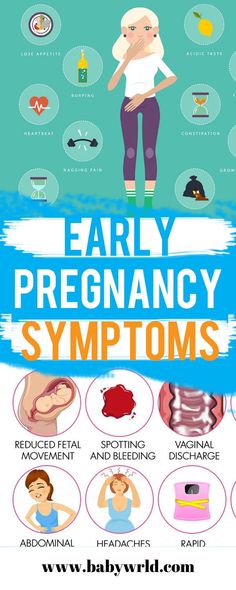 But – as a heads up – if you really are pregnant, these symptoms may stick around throughout your whole pregnancy.
But – as a heads up – if you really are pregnant, these symptoms may stick around throughout your whole pregnancy.
11. Metallic taste in your mouth
Many women report a metallic taste in their mouth during pregnancy. Once again, hormones are to blame – specifically, estrogen.
Typically, this symptom (as well as changes in taste overall) is common in the first trimester but may occur at other times too – including before a missed period.
12. Sensitivity to smell
Many women report that sensitivity to smell was one of their first signs of pregnancy. In fact, as many as two-thirds of women become more sensitive or reactive to the smells around them during pregnancy.
And oftentimes, this heightened sense of smell can stick around through the first trimester or beyond, and contribute to other symptoms such as nausea, and food cravings or aversions.
13. Mood changes
From a stressful day at work to the natural wonders of your menstrual cycle, there are a lot of things that can affect your mood. But changes in mood are very common during pregnancy – and they may be especially noticeable early on as your body gets a sudden burst of estrogen and progesterone.
But changes in mood are very common during pregnancy – and they may be especially noticeable early on as your body gets a sudden burst of estrogen and progesterone.
If you are pregnant, any mood changes you’re experiencing are likely coupled with other symptoms such as fatigue or nausea. You may feel more sensitive or weepy. Or perhaps your fuse is a little shorter and you’re more easily annoyed.
14. Headaches
Headaches are a part of life. They come with colds and allergies. They come with stress or fatigue, or when you cut down on caffeine to help prepare your body for pregnancy. But they can also come with pregnancy.
Headaches can happen thanks to the increasing blood volume and hormonal changes that occur in early pregnancy. You can also get headaches if you’re dehydrated as a result of nausea.
15. Dizziness
As blood flow increases during pregnancy, blood pressure can also decrease and lead to dizzy spells. Usually, dizziness is more of a second trimester symptom, but some women may notice it very early on, too.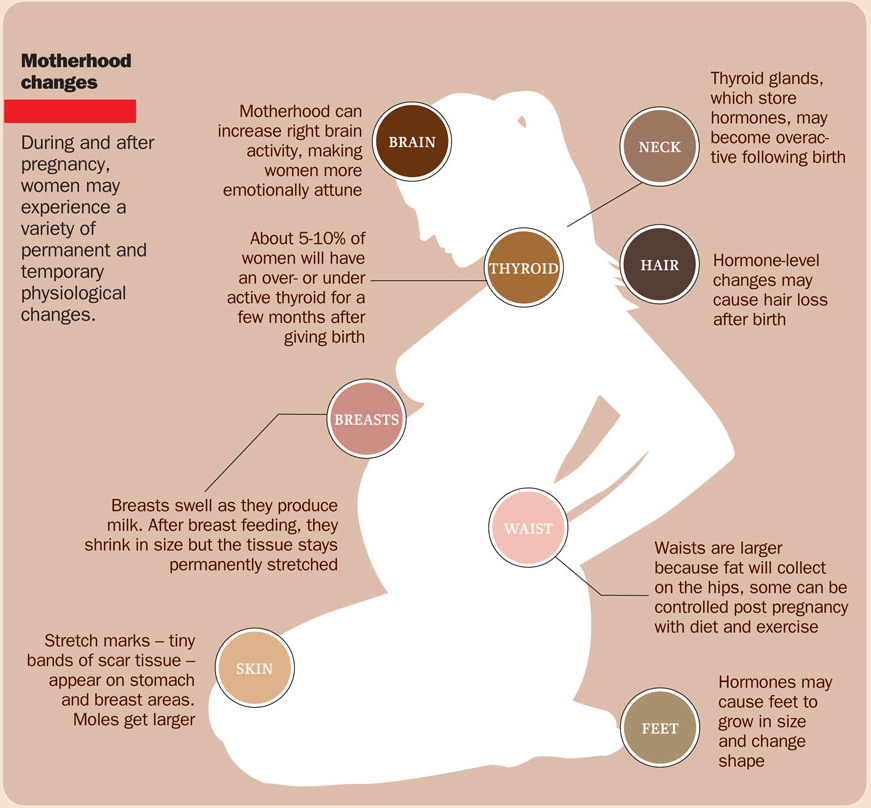
16. Nasal congestion
A lot of people are shocked to learn that nasal congestion can be a pregnancy symptom. You may wonder if you’re coming down with something or your allergies are acting up. But if you’re noticing a stuffy or runny nose along with other pregnancy signs, you might be taking a pregnancy test in the near future.
The mucous membranes in the nose are also affected by hormones and increased blood flow throughout your body. This can cause blood vessels to swell, resulting in congestion and even sneezing.
Could you have early pregnancy symptoms and not be pregnant?
Yes. As we’ve mentioned, many early pregnancy symptoms can overlap with symptoms of other conditions, especially premenstrual symptoms. So, the best way to know if the symptoms you’re experiencing are pregnancy related is to try to relax and patiently wait until it’s time to take a pregnancy test.
When should you see a doctor about a new pregnancy?
If you’ve taken a pregnancy test and it’s positive, go ahead and make your first prenatal visit right away.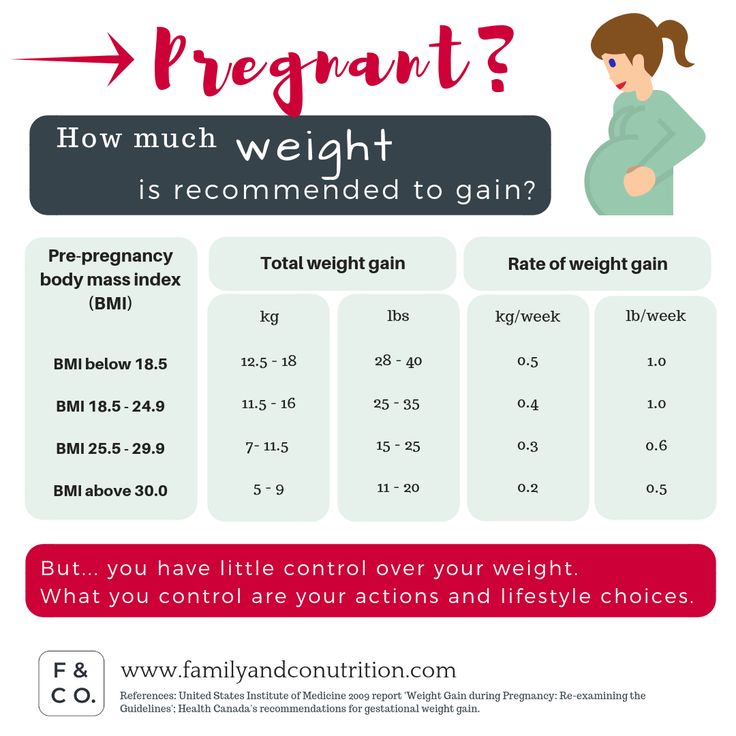 This is also a great time to start looking into educational resources like the myHealthyPregnancy app.
This is also a great time to start looking into educational resources like the myHealthyPregnancy app.
At the first prenatal visit, you’ll get a physical exam and other tests to make sure everything is looking healthy, and you’ll learn about the rest of your prenatal appointment schedule. You’ll also get to talk through any expectations and questions you have, such as which foods to eat and avoid while pregnant.
Pregnancy care | HealthPartners & Park Nicollet
Choose a doctor for pregnancy care
Choosing the right person for prenatal care is an important first step as they will help guide you through pregnancy. Everyone has a different idea of what the coming months will hold. We can help you find someone who’s the right fit to honor your choices, support you and guide you along the way.
OB-GYNs
OB-GYNs are doctors who specialize in treating all conditions that affect women’s reproductive systems.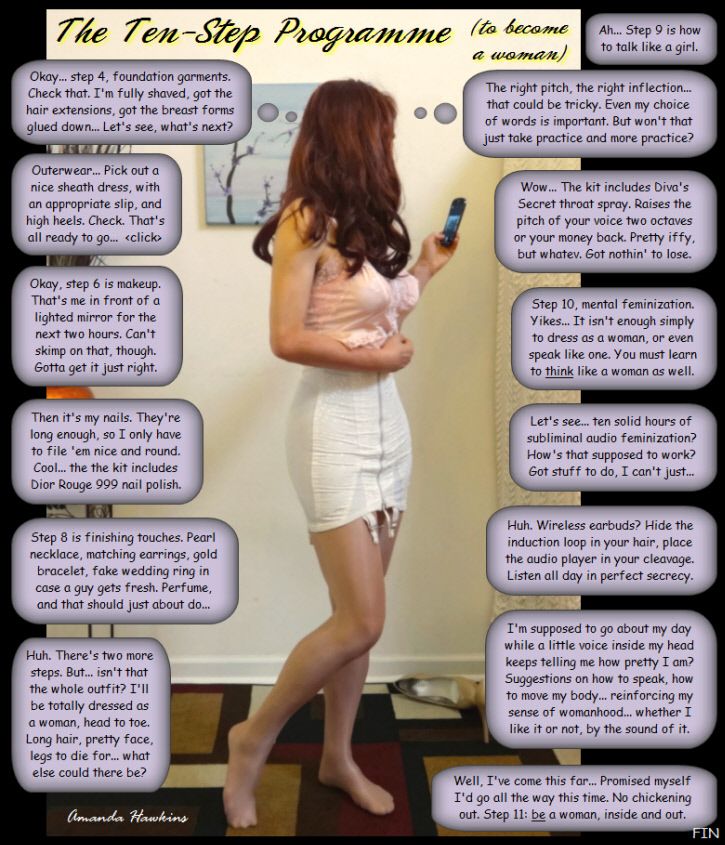 Our OB-GYNs and nurse practitioners work together to provide exceptional medical care for all types of pregnancies, including high-risk pregnancies. You’ll get to know the nurse practitioners who work with our OB-GYNs during some of your prenatal appointments. Choosing an OB-GYN for pregnancy care can also help you develop a long-term relationship with a doctor who can care for you beyond pregnancy.
Our OB-GYNs and nurse practitioners work together to provide exceptional medical care for all types of pregnancies, including high-risk pregnancies. You’ll get to know the nurse practitioners who work with our OB-GYNs during some of your prenatal appointments. Choosing an OB-GYN for pregnancy care can also help you develop a long-term relationship with a doctor who can care for you beyond pregnancy.
Midwives
Our certified nurse midwives guide mothers who have low-risk pregnancies through the birth process. When you choose a midwife for your pregnancy, they can support you, your partner and family through all different types of birth plans, including water births, hypnobirthing and natural birth. They’re here to offer guidance and emotional support as you prepare for birth.
Family medicine
Some of our family medicine doctors can also care for women during low-risk pregnancies and will coordinate with our team of OB-GYNs, if needed. This is a great option if you would like to have all your care provided by one person or would like one doctor to see your whole family.
This is a great option if you would like to have all your care provided by one person or would like one doctor to see your whole family.
Prenatal care
We can help you get your pregnancy off to a healthy start with prenatal care. Prenatal care includes appointments throughout your pregnancy where your doctor will track baby’s growth and provide you with guidance on nutrition, sleep, exercise and any questions you have.
Our doctors and midwives provide expert prenatal care and flexible scheduling options to help you learn what to expect during pregnancy and delivery.
We also offer midwife-led group prenatal care for you and your loved one where you can connect with others due to deliver around the same time as you.
Your first prenatal visit
While your first visit is typically around six to twelve weeks, you’re welcome to schedule a pregnancy appointment at a clinic near you as soon as you know you’re expecting.
Your first prenatal visit is an important milestone in your pregnancy. In this appointment, we focus on you and preparing you for the coming months. It’s typical in this first appointment to receive both a routine physical exam and additional care specific to pregnancy, including a pelvic exam and advice on dietary changes recommended during pregnancy.
We’ll also be able to determine your due date, provide helpful information about choosing a birth center and prenatal classes, and spend time answering your questions.
Labor and delivery options
You deserve to have the delivery you want. We’ll help you understand your care and delivery options and answer all your questions while providing outstanding care for you and your family.
Vaginal birth
A vaginal birth is the most common and usually has the shortest recovery time. We can help relieve some of the pain and discomfort experienced during labor through a variety of options, including everything from epidurals to aromatherapy during labor and delivery. We’ll discuss pain relief options and help you choose what works best for you, whether that’s an unmedicated, natural birth or an epidural – or something in between.
We’ll discuss pain relief options and help you choose what works best for you, whether that’s an unmedicated, natural birth or an epidural – or something in between.
Water birth
Some women choose to deliver in a warm tub of water supported by a midwife. This is called a water birth. Warm water can help soothe discomfort and calm both you and your newborn baby. Some women who aren’t having water births still choose to labor in a tub to help reduce pain and pressure. With modern water birthing suites at our birth centers, we’re here to help make you and baby feel as comfortable as possible while we guide you through labor and delivery.
Cesarean (C-section)
A cesarean delivery, often called a C-section, is when a baby is delivered through a surgical procedure. C-sections are usually recommended if there is a concern about your health or your baby’s health during labor. They are also recommended if baby isn’t positioned properly for a vaginal birth. Our birth teams work with you to provide a family-centered C-section, which means you and your partner will be involved in the process, with skin-to-skin bonding time and breastfeeding, if you would like.
Our birth teams work with you to provide a family-centered C-section, which means you and your partner will be involved in the process, with skin-to-skin bonding time and breastfeeding, if you would like.
Vaginal birth after cesarean (VBAC)
Many women who’ve given birth via C-section want the option to have a vaginal delivery with their next pregnancy – up to 80% of women have successful VBAC deliveries. We’ve helped thousands of women successfully deliver with VBAC.
Maternal-fetal medicine
We support and care for you during even the most complex pregnancies and deliveries. Our team of board-certified maternal fetal medicine specialists provide expert, specialized care for mom and baby during high-risk pregnancies. If the expertise of a maternal fetal medicine doctor is needed, we’ll help connect you with one so you and your child get the comprehensive care you need at every step of your pregnancy.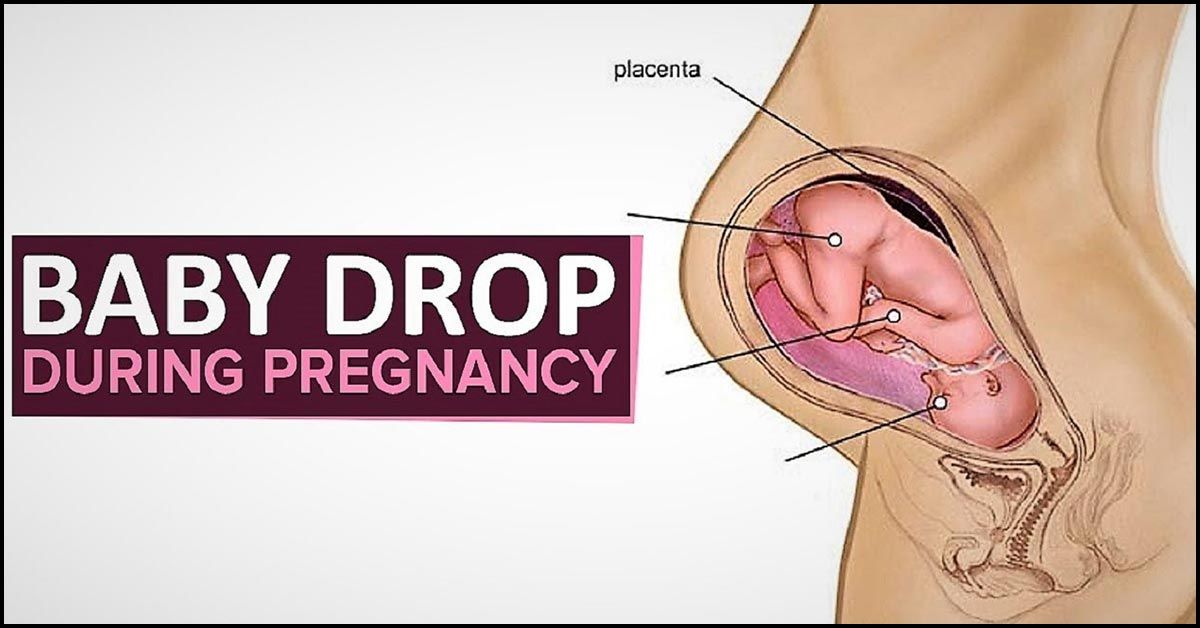
Choose a birth center for your baby’s delivery
Choosing a birth center is one of the most important parts of your pregnancy. We’re always working to make labor and delivery more comfortable for moms and babies with our modern facilities, numerous amenities and a variety of birthing options to choose from. We welcome partners, family and doulas in all our birth centers, so you have the support you need. Volunteer doulas are also available at some locations if you decide you’d like a doula by your side after arriving.
We are proud to provide many locations for you to choose from across the Twin Cities and western Wisconsin:
Methodist Family Birth Center
Located in St. Louis Park, our Methodist Family Birth Center provides a comfortable, calm environment for you and your family while providing the exceptional care you deserve. The center was designed using the latest scientific research about what works best for deliveries and input from moms.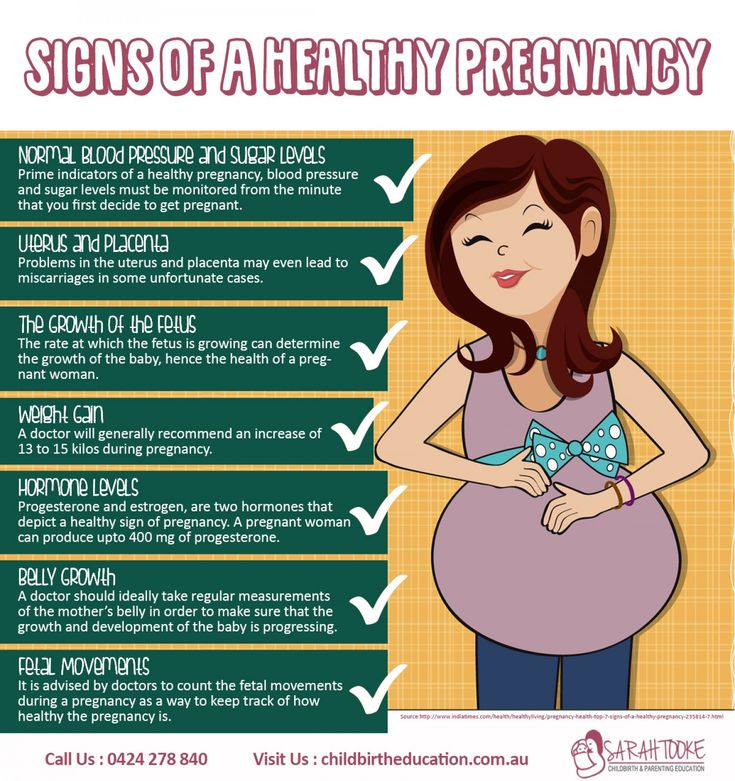 With four water birthing suites, larger postpartum rooms and recommended classes for new moms including the Lactation Café, we have everything you might need as you welcome your new baby.
With four water birthing suites, larger postpartum rooms and recommended classes for new moms including the Lactation Café, we have everything you might need as you welcome your new baby.
Regions Hospital Family Birth Center
At Regions Hospital Family Birth Center in St. Paul, the happiness, health and comfort of you and your family are our top priorities. We focus on honoring your choices and making you and your family comfortable. We offer private birthing suites complete with a private bathroom and soaking tub so you can enjoy the life-changing experience of birth with your loved one by your side. We’re equipped to handle everything from water births to C-sections with skill and compassion.
More hospitals and birth centers in Minnesota and western Wisconsin:
Our doctors also deliver at many other hospitals in Minnesota and western Wisconsin:
- Amery Hospital Birth Center (Amery, WI)
- Hudson Hospital Birth Center (Hudson, WI)
- Hutchinson Health BirthCare Center (Hutchinson, MN)
- Lakeview Hospital Birth and Women’s Center (Stillwater, MN)
- Westfields Hospital Birth Center (New Richmond, WI)
Partner hospitals and birth centers:
- Family Birth Center – Maple Grove Hospital (Maple Grove, MN)
- The Mother Baby Center at Abbott Northwestern and Children’s Minnesota (Minneapolis, MN)
- The Mother Baby Center at Mercy with Children’s Minnesota (Coon Rapids, MN)
- St. Francis Family Birth Place (Shakopee, MN)
- The Birthplace at M Health Fairview Ridges Hospital (Burnsville, MN)
Choose a doctor for your baby
Baby will need their first pediatric visit within a week of being born. As part of the largest pediatrics practice in the Twin Cities, we care for kids of any age at many clinics throughout Minnesota and Wisconsin.
Finding a doctor for your baby who you can trust is important for your child’s development and well-being. The right pediatrician will be there to listen to your concerns, answer questions and offer guidance as your child grows. While in the hospital, your baby will be cared for by one of our pediatricians.
Our services
Each pregnancy and delivery is unique. We provide a variety of different services to help you find support and guidance as you prepare for motherhood. Some of the services we provide include:
BabyLine, our 24/7 OB-GYN nurse line
Whether you’re in the heart of the Twin Cities or don’t have a pregnancy care center near you, help is just a phone call away. Our OB-GYN nurses are here to guide you throughout your pregnancy and after you bring baby home, 24 hours a day, seven days a week, 365 days a year. You can call us with questions about pregnancy symptoms, activities and foods to avoid, postpartum essentials, breastfeeding concerns and when to seek care for yourself or your little one.
Local: 612-333-2229
Toll free: 800-845-9297
TTY/TDD: 711
Breastfeeding support
If breastfeeding is right for you, we offer the education and support you need to make breastfeeding a positive and rewarding experience for you and your baby.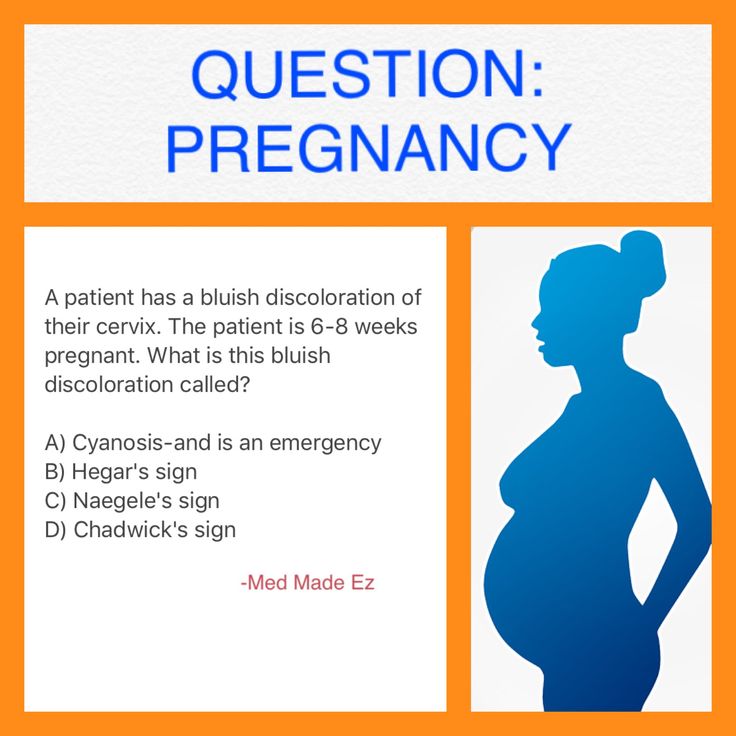
- Lactation consultation – Our board-certified lactation consultants and registered nurses work with you to provide personalized support for you and your baby. Make an appointment with a lactation consultant by calling 952-993-5124.
- Breastfeeding Center – We rent and sell electric breast pumps, and provide complimentary, professional instruction. We also offer manual breast pumps, replacement parts and supplies, including nursing bras. Call 952-993-3121 for more information about breastfeeding products.
- Lactation Café – We provide free breastfeeding support groups where you can connect with other new moms and share tips on how to care for your babies. Here, you’ll be able to spend time feeding baby while enjoying a snack yourself. Join a class at one of our many locations at HealthPartners Como Clinic, Methodist Hospital, Lakeview Hospital or Amery Hospital & Clinic.
- Breast Milk Depot – Methodist Hospital offers a Breast Milk Depot that connects women with an abundant supply of breast milk for babies in need.
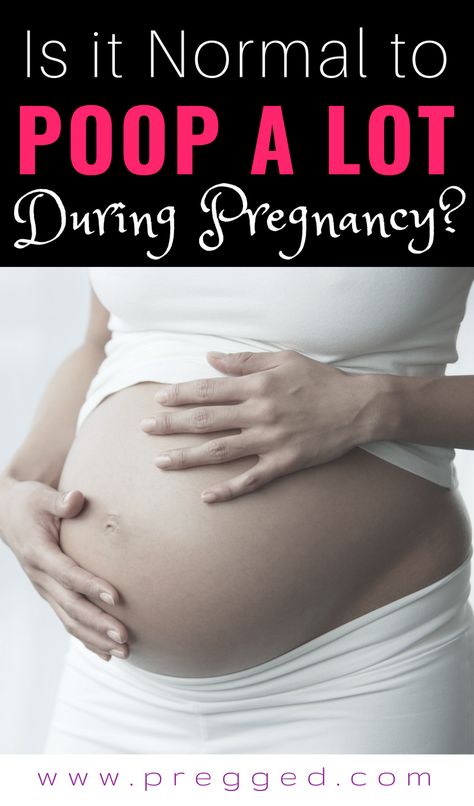 If you’re interested in becoming a donor or purchasing donor milk, contact the Breastfeeding Center at 952-993-5124.
If you’re interested in becoming a donor or purchasing donor milk, contact the Breastfeeding Center at 952-993-5124.
Virtual pregnancy classes for Black women
Our “Expecting Together: Your Pregnancy from Start to Finish” is a virtual class series that brings together Black women at each stage of their prenatal or postpartum journey. Together, you’ll learn about the medical care that happens throughout the timeline of your pregnancy. Each class is guided by one of our OB-GYNs.
Healthy Beginnings
The Healthy Beginnings program provides support to patients during pregnancy who face challenges with substance abuse, mental health, homelessness, poverty, domestic violence and other complex issues. The program offers education, referrals and resources, as well as provides the medical team with case consultation and support.
Postpartum screenings
Pregnancy and birth can be emotional, and some women experience changes to their emotional and mental health.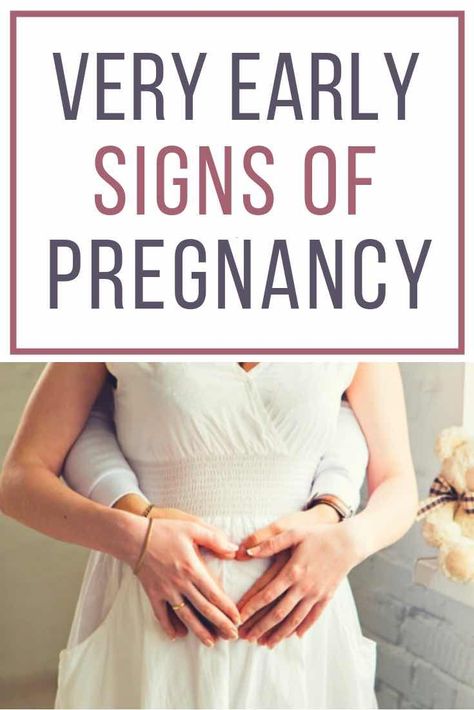 We care about your emotional and mental health as much as your physical health. After you give birth, we make sure you have a screening for postpartum depression so we can connect you to support groups and our mental health experts if needed.
We care about your emotional and mental health as much as your physical health. After you give birth, we make sure you have a screening for postpartum depression so we can connect you to support groups and our mental health experts if needed.
Track your pregnancy with our free app
Download our free myHealthyPregnancy app powered by YoMingo for important anytime, anywhere parent education and fun extras for every stage of pregnancy, newborn care and more.
How to determine pregnancy without a test
How to determine pregnancy without a test and what signs indirectly indicate that your beloved baby will be born soon? Of course, only a blood test can give a 100% guarantee, but the presence of certain signs may indicate its possible onset.
Classic signs of pregnancy
The most common early signs and symptoms may include
- Delayed menses. Problems with the regularity of the menstrual cycle may be associated with hormonal imbalance in the body.
But if the delay arose for the first time, and before that the cycle was as accurate as a clock, then it is likely that you are pregnant.
- Early toxicosis with severe nausea and vomiting - the most common sign of an interesting situation, but not every woman has.
- Pain in both breasts or enlargement. Nipples can become very sensitive and change color. Sometimes in the early stages, colostrum is released from them with slight pressure.
- Pain in the pelvic region, similar to menstruation. But this sign can also indicate such a serious pathology as an ectopic pregnancy.
- Increased amount of discharge from the genitals. This can usually be observed during ovulation. Normal discharge is clear and odorless. When a whitish tint or a curdled structure appears, thrush can also be assumed, which is a common problem for expectant mothers. But in this case, you can not do without treatment.
During the period of bearing a child, it is necessary to protect your body as much as possible from any, even such a safe disease.
- Increased or vice versa reduced libido. Every woman experiences jumps in sexual desire in one direction or the other due to hormonal changes occurring in the body. Therefore, men should treat this with understanding, knowing that they have not become less loved, but these are just signs of pregnancy.
- Frequent urination, despite the fact that you do not drink more often and there are no inflammatory diseases of the genitourinary system. A similar phenomenon is associated with a slight relaxation of the sphincter of the bladder due to hormonal processes. And with the growth of the uterus and, accordingly, with the increase in pressure on the bladder, going to the toilet will become even more frequent.
Additional symptoms of pregnancy
There are less obvious signs that may occur during the first trimester. These include:
- Strange Desires . For example, at night I sharply wanted chocolate, and during the day - salted fish. Such desires may not be mere whims. If you want sour, then perhaps there is not enough vitamin C in the body. You want to gnaw on the wall with calcium deficiency, and sniff gasoline - with a lack of iron, anemia.
- Constant irritability, tearfulness. The flow of hormones in a woman's body in the early stages can make her unusually emotional. So-called mood swings can be a clear sign of pregnancy.
- Bloating . Hormonal changes can cause feelings of fullness in the abdomen, as at the beginning of the menstrual cycle.
- Bloody discharge pale pink. This symptom is called implantation bleeding. This happens when a fertilized egg attaches to the lining of the uterus, about 10 to 14 days after conception. Usually occurs during the normal periods of the menstrual period.
But not all women have such bleeding is a sign of a normal pregnancy. Therefore, in case of detection of deviations from the normal cycle, consult a gynecologist.
- Chair problems . Hormonal changes cause the digestive system to slow down, which can lead to constipation.
- Food aversions . When you are pregnant, you may become more sensitive to certain smells and your sense of taste may change. Like most other symptoms, these eating habits can be attributed to hormonal changes.
- Nasal congestion . An increase in hormone levels and blood production can lead to swelling of the nasal mucosa. This can cause congestion or runny nose, nosebleeds.
How to determine pregnancy? |Clinic "Narvskaya"|
Gynecology
Contents
How to determine pregnancy , an urgent question for all women, regardless of whether they dream of having a baby, or it is not yet included in their plans.
For expectant mothers, this is an important moment. Having learned the good news in the first days, they will be able to quickly adjust their diet and daily routine in order to protect the future baby from any negative influence of modern life.
There are many methods by which you can easily determine if a lady is in an interesting position. Let's look at the most effective of them.
Contents
The test is a simple and effective way
This method of diagnosing early pregnancy is very convenient and affordable. The test can be bought at a pharmacy and, following the simplest instructions, you can quickly find out the result.
1. In order to obtain reliable information, it is advisable to do the procedure at least a day after the menses did not come.
2. Do not urinate for about 6 hours before use. That is why it is recommended to carry out diagnostics in the morning.
3. If the test shows a suspicious result, repeat the test.
Any test responds to an increase in the concentration of human chorionic gonadotropin in the urine as early as 12 days after the birth of a new life.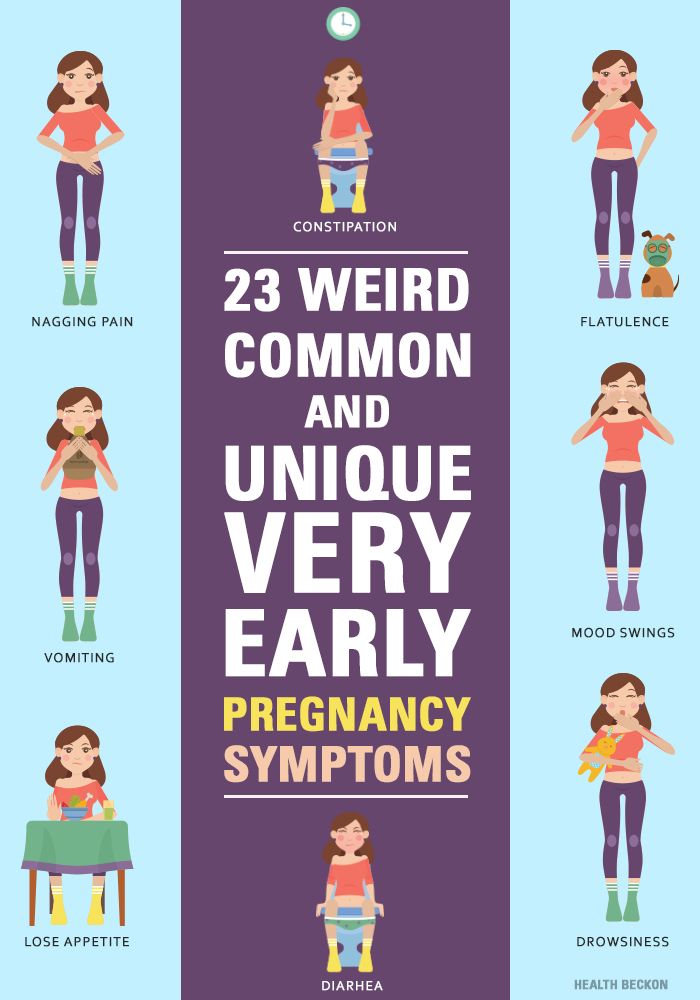 Despite this, try to buy strips with the highest sensitivity in order to get an accurate result.
Despite this, try to buy strips with the highest sensitivity in order to get an accurate result.
HCG blood test
If you want to know about the beginning of pregnancy before the first missed period, do a blood test. When on the 10th day after sexual contact the concentration of hCG is increased to 25 - 300 mU / ml, you will soon become a mother.
In addition, with the help of an analysis for chorionic gonadotropin, pathology can be recognized at an early stage and the presence of twins can be determined.
Donating blood for hCG for analysis is by far the most accurate way to determine pregnancy.
Very rarely, a high level of the hormone does not indicate pregnancy, but the presence of a serious illness. It may also be slightly elevated after childbirth, miscarriage, or abortion.
Ultrasound and examination by a gynecologist
It is possible to determine pregnancy with an ultrasound machine when the amount of gonadotropin hormone in the blood is more than 1000 mU/ml.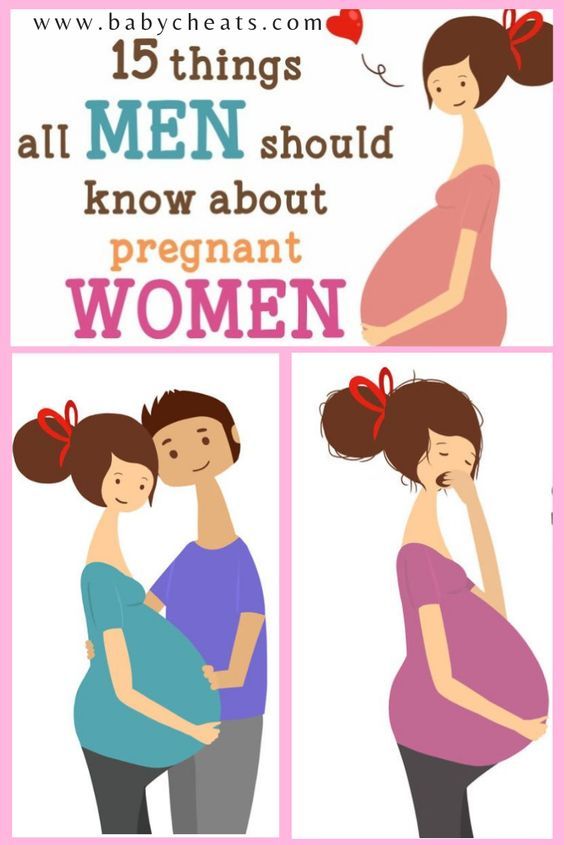
It is done no earlier than a week after the delay with a vaginal probe - ultrasound to determine the gestational age.
Usually the doctor does not prescribe this study, because at this time it is not able to detect pathologies. It is done at the request of the patient, and if the gynecologist suspects an ectopic pregnancy.
The traditional way, which has been used for many years, is to visit a gynecologist for an examination. At an early stage, it is useless, but 4-5 weeks after the stop of menstruation, the doctor will surely notice the pregnancy.
Basal temperature
Some women keep basal temperature charts when planning pregnancy and to protect against unwanted conception. This is a great way to calculate ovulation days and determine safe days to have sex.
• When ovulation occurs, there is an excessive production of progesterone. From this, the basal temperature rises and reaches 37-38 degrees.
• With the onset of pregnancy, the indicators are maintained.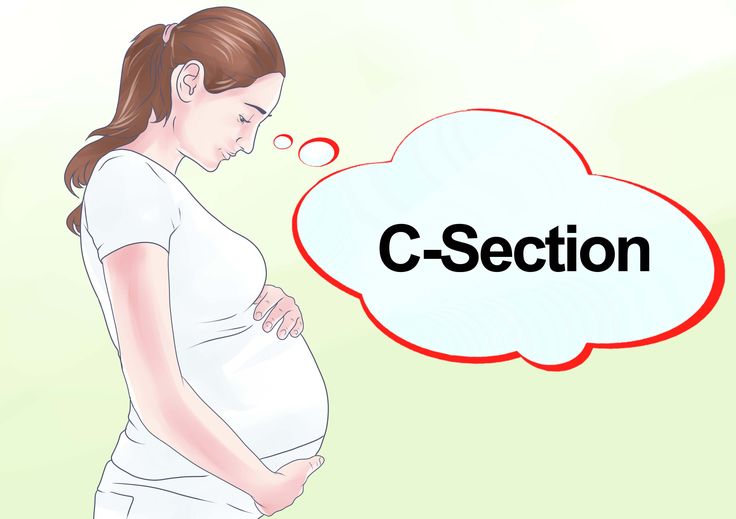
• Therefore, if you need to know if conception has occurred, measure your basal body temperature for several days in the second cycle.
• Control should be done in the morning without getting out of bed.
In the first month after conception, the general body temperature also slightly increases, but such jumps of one degree are practically imperceptible.
What else to pay attention to
Signs of the birth of a new life can be felt by physiological changes and a deterioration in the woman's well-being. Although the loss of menstruation does not always accompany conception. Sometimes scanty spotting continues for several months after fertilization, accompanied by slight pain in the lower abdomen. Pain often remains even after the cessation of menstruation and is disturbing during the period when menstruation should be.
1. Experienced women know they are pregnant when they feel changes in their breasts.
2.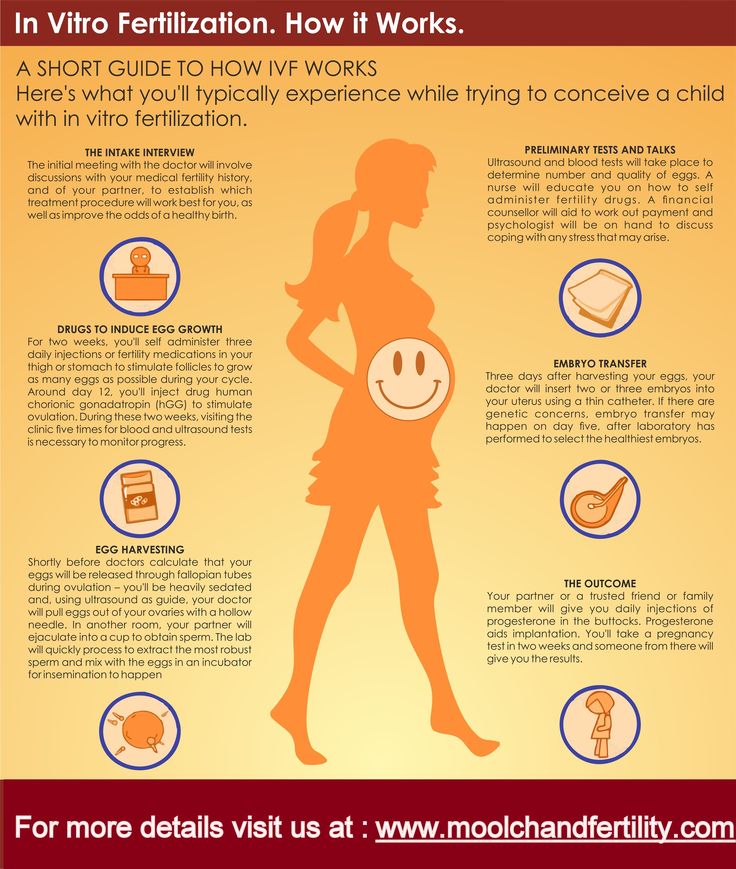 After conception, they increase, and they feel a noticeable heaviness. The nipples darken and become very sensitive.
After conception, they increase, and they feel a noticeable heaviness. The nipples darken and become very sensitive.
3. But such symptoms cannot be fully trusted, since similar transformations occur before menstruation.
A pregnant woman often suffers from nausea. It usually appears after a delay, but sometimes there are exceptions. Taste preferences are changing. Ladies are often drawn to eat something salty or sweet. Even familiar smells, such as the aroma of your favorite perfume or deodorant, begin to irritate.
• Psychological state changes. The pregnant woman becomes irritable, capricious and often sheds tears for no reason.
• Constant fatigue and drowsiness is also a frequent companion of pregnancy.
• Abundant discharge may occur immediately after fertilization. They are completely transparent and have no unpleasant odor.
This phenomenon is inherent in the onset of ovulation and often continues in the first weeks of embryo development.
